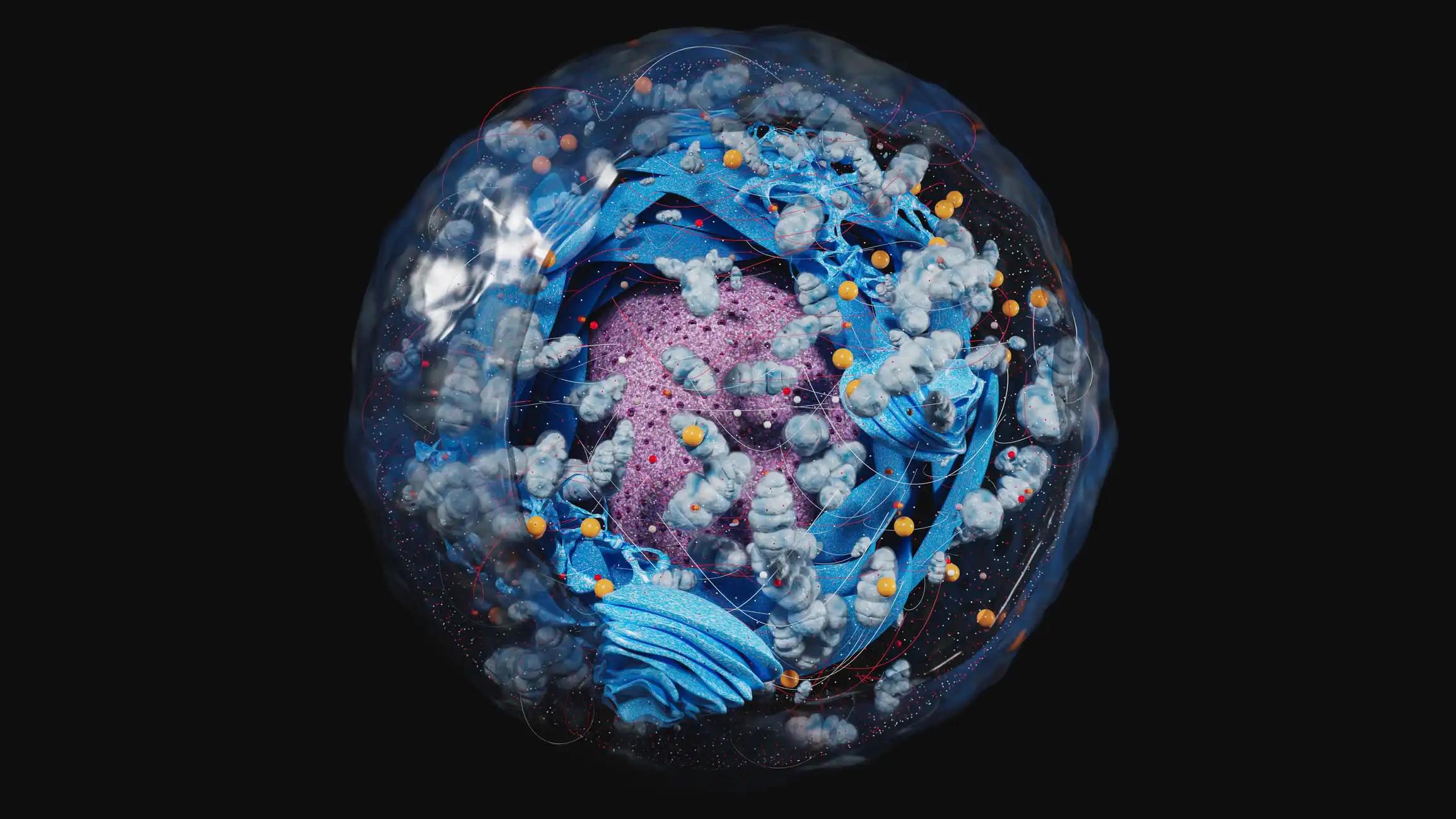KEY TAKEAWAYS
- The study evaluated measurable residual disease (MRD) dynamics in patients with multiple myeloma (MM) from the TOURMALINE-MM3 and -MM4 randomized placebo-controlled phase 3 trials of 2-year ixazomib maintenance.
- The primary aim was to investigate the predictive value of MRD dynamics during maintenance in MM patients undergoing 2-year ixazomib maintenance.
- The study followed 1280 transplant-eligible and -ineligible MM patients and evaluated the predictive value of MRD dynamics during maintenance.
- The study supports MRD- status as a relevant endpoint during maintenance and confirms the increased progression risk in patients converting to MRD+ from MRD- rate.
This study examines the predictive value of measurable residual disease (MRD) dynamics during maintenance therapy in 1280 patients with multiple myeloma (MM) from the TOURMALINE-MM3 and -MM4 trials of 2-year ixazomib maintenance. Limited longitudinal data exists on MRD during maintenance, making this study particularly valuable for guiding treatment duration in MM. Analysis revealed that MRD status at randomization was independently prognostic, with patients who were MRD- having a longer median progression-free survival (PFS) compared to those who were MRD+ (38.6 vs. 15.6 months; HR, 0.47).
The study found that MRD dynamics during maintenance in multiple myeloma patients provided a more detailed risk stratification. Patients who converted from MRD+ to MRD- status had a prolonged PFS compared to those with persistent MRD+ status (76.8% vs. 27.6% 2-year PFS rates). Similarly, those with sustained MRD- status had a prolonged PFS compared to those who converted from MRD- to MRD+ status (75.0% vs. 34.2% 2-year PFS rates). Ixazomib maintenance improved PFS in patients who were MRD+ at randomization or the 14-month landmark but not in those who were MRD-.
The study represents the largest multiple myeloma (MM) population receiving yearly MRD evaluation during maintenance therapy. The research shows that a single-time point MRD evaluation has limited predictive value, as MRD dynamics significantly affect progression-free survival (PFS) risk over time. These findings highlight the importance of achieving and maintaining MRD- status during maintenance therapy and confirm the higher risk of disease progression in patients converting from MRD- to MRD+ status.
The registration numbers for these trials are #NCT02181413 and #NCT02312258, respectively, as listed on www.clinicaltrials.gov.
Source: https://pubmed.ncbi.nlm.nih.gov/36130300/
Clinical Trial: https://clinicaltrials.gov/ct2/show/NCT02181413
Paiva B, Manrique I, Dimopoulos MA, Gay F, Min CK, Zweegman S, Špička I, Teipel R, Mateos MV, Giuliani N, Cavo M, Hopkins CR, Fu W, Suryanarayan K, Vorog A, Li C, Wang B, Estevam J, Labotka R, Dash AB. MRD dynamics during maintenance for improved prognostication of 1280 patients with myeloma in the TOURMALINE-MM3 and -MM4 trials. Blood. 2023 Feb 9;141(6):579-591. doi 10.1182/blood.2022016782. PMID: 36130300.



